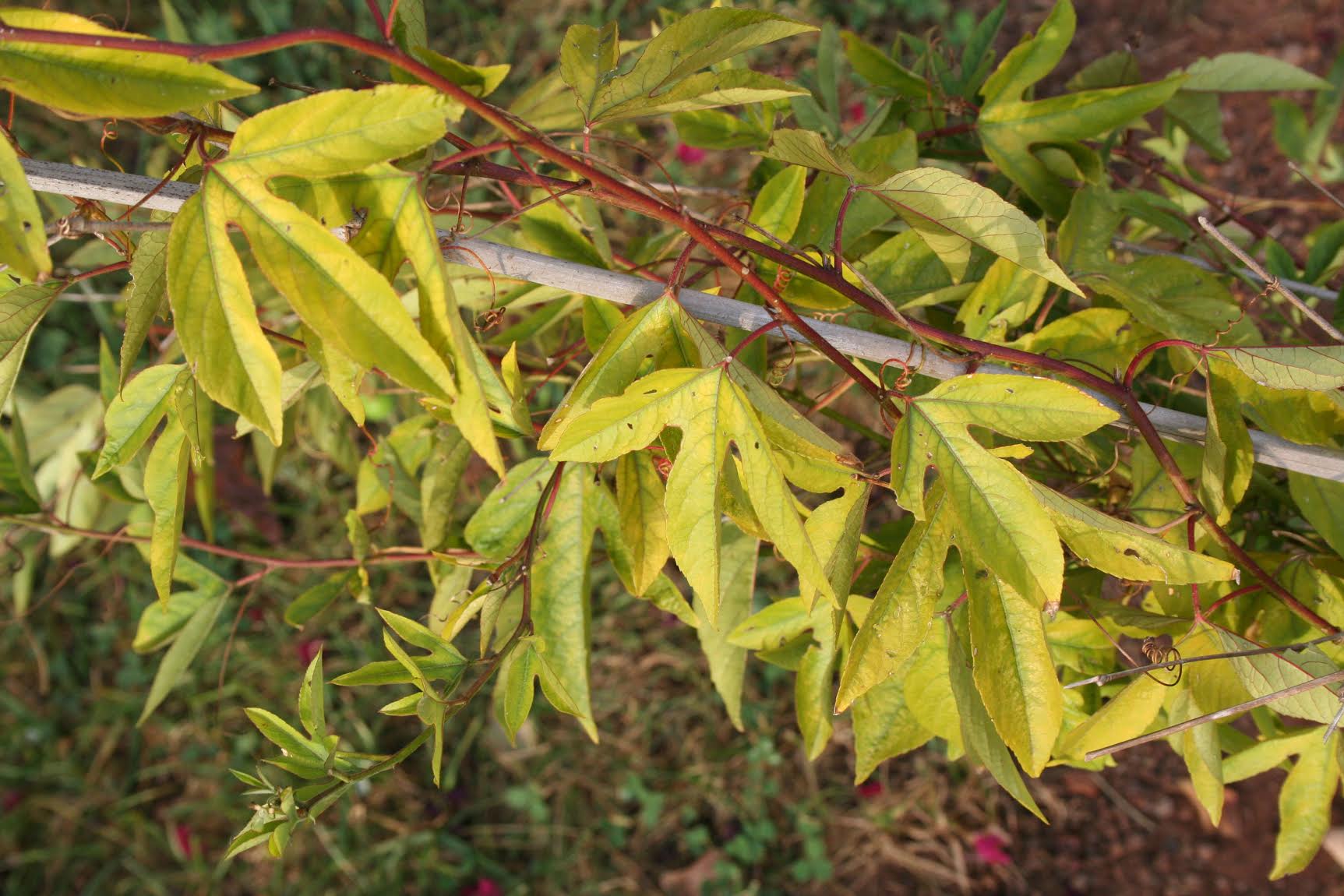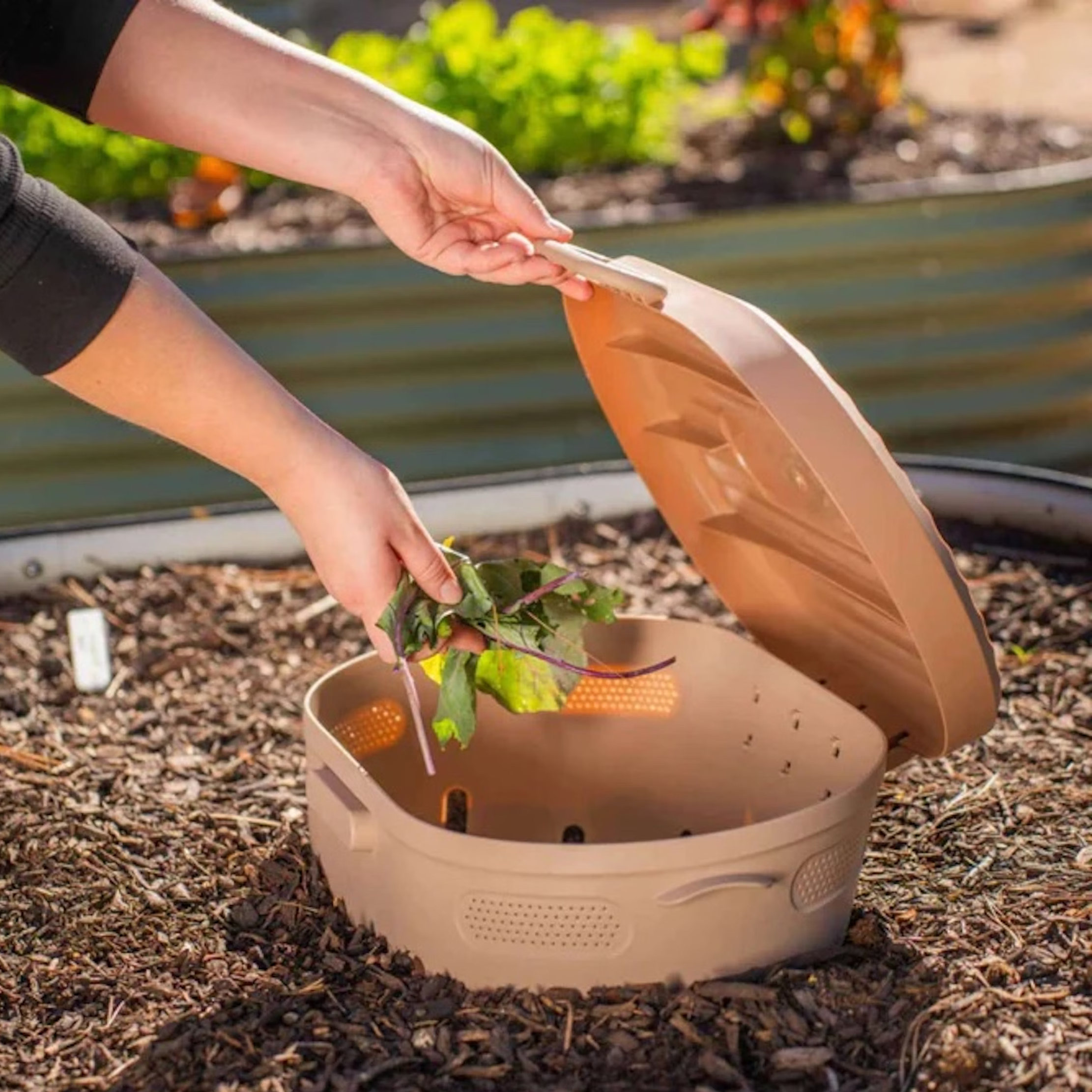Passion Vine Diseases: How To Treat Common Diseases Of Passion Vine


Passion vines (Passiflora spp.) produce showy, exotic-looking blossoms that add instant impact to any backyard. The flowers of some species grow to 6 inches (15 cm.) in diameter, attracting butterflies, and the vines themselves shoot up quickly. These tropical vines are appealing and easy to grow, but they can suffer from a number of passion vine diseases, including diseases caused by viruses and those that are fungal.
Diseases of Passion Vines
Below you will find information about viral and fungal issues affecting passion vine plants.
Viruses
Some species of passion vines are susceptible to viruses. Some can catch passionflower vine diseases by being infested with viral infections from chewing insect pests. The worst insect transmitters are several species of aphids. The viral diseases of passion vines are also transmitted by grafting knives, scissors, and pruners. None of the viruses are transmitted through seeds. You can identify viral diseases of passion vine plants by looking for distorted or stunted leaves. Vines with these passion vine diseases tend to flower poorly and the fruit they grow is small and misshapen. Young or weak plants may be killed by viral diseases, and treating passion vine problems will not help the plant fight off the disease. Healthier plants often make a full recovery, especially if you care for them properly – plant them in full sun and offer them a balanced fertilizer monthly.
Fungal
Passionflower vine diseases also include fungal infections. These passionflower vine diseases may not kill the plants, but the spores multiply on the leaves, causing ugly spots. Spraying the vines with fungicides in early spring can help prevent these diseases. Fungal diseases can attack passion vine from the time they are seedlings until maturity, including such diseases as anthracnose, scab, septoriosis, and alternaria spot. Some diseases, including fusarium wilt, collar rot, and crown rot are very difficult to control. Treating passion vine problems that are fungal in origin is generally not effective. However, you can prevent these passion vine diseases from attacking your plant through good cultural habits. Always water the passion vine from below to be sure that you don’t get water on vine leaves and be sure that the vine is planted in full sun.
Gardening tips, videos, info and more delivered right to your inbox!
Sign up for the Gardening Know How newsletter today and receive a free copy of our e-book "How to Grow Delicious Tomatoes".

Teo Spengler is a master gardener and a docent at the San Francisco Botanical Garden, where she hosts public tours. She has studied horticulture and written about nature, trees, plants, and gardening for more than two decades. Her extended family includes some 30 houseplants and hundreds of outdoor plants, including 250 trees, which are her main passion. Spengler currently splits her life between San Francisco and the French Basque Country, though she was raised in Alaska, giving her experience of gardening in a range of climates.
-
 Try The Trend – Turn Any Bed Into A Keyhole Garden With This Clever In-Ground Composter
Try The Trend – Turn Any Bed Into A Keyhole Garden With This Clever In-Ground ComposterKeyhole gardening is an efficient and sustainable practice that saves space. Get started on this DIY project quickly and easily with an in-ground composter.
By Bonnie L. Grant
-
 4 Superfast Composting Methods: Turn Waste Into Garden Gold In 30 Days Or Less
4 Superfast Composting Methods: Turn Waste Into Garden Gold In 30 Days Or LessTry the fastest composting methods to turbocharge your pile and transform kitchen scraps and garden waste into finished compost in just a few weeks.
By Mary Ellen Ellis